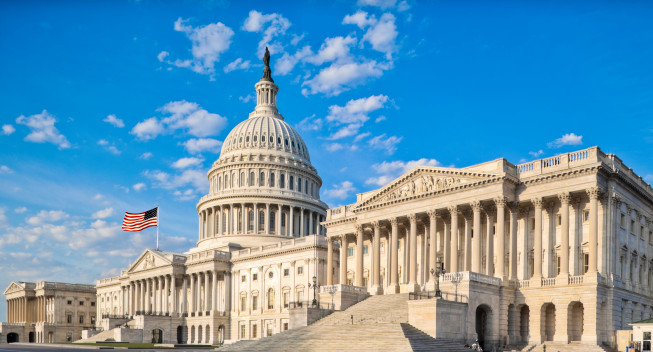With so many feeling the effects of the COVID-19 quarantine, federal and state governments are moving to help. Here are a few of the notable tax deadline changes and stimulus efforts in the recent Coronavirus Aid, Relief, and Economic Security (CARES) Act.
Tax & IRA contribution deadlines are extended to July 15, 2020.
- 2019 tax filing deadline and payment of taxes due are extended.
- Q1 2020 tax payments are also postponed to July 15 – note that the June 15 deadline for Q2 payment has not yet been postponed, so currently Q2 is due before Q1.
- IRA, Roth IRA and HSA contribution deadlines are also extended.
- This is automatic – no extension is required.
- This isn’t expected to delay refunds for taxpayers who have filed.
2020 Required Minimum Distributions (RMD) waived.
- This provides time for retirement investors to let funds recover from the recent stock market decline.
- If you took an RMD already but would have deferred, consider using the 60-day rollover rule to replace those funds.
- Language in the CARES act doesn’t specifically name Inherited IRAs and 401(k)s but seems to imply they would be covered in this waiver – additional guidance is expected in coming weeks.
Penalty waived for Coronavirus-related retirement account distributions.
- Distributions prior to age 59.5 for Coronavirus-related need up to $100,000 will not be hit with the 10% early withdrawal penalty.
- You can spread out the tax bill for this distribution over three years.
- You can also replace the distribution within three years and avoid taxation.
- The 401(k) loan limit has also been increased to $100,000 from the prior $50,000 limit and distribution eligibility would be determined by the plan’s administrator.
- Marketwatch has a great summary of the changes.
Federal student loan payments are deferred to September 30, 2020.
- According to the Department of Education, auto-payments will be suspended automatically, though you’ll want to double check this with your loan provider.
- For anyone on Public Service Loan Forgiveness (PSLF) or income-drive repayment (IDR) programs, those non-payments count as though you made them before the crisis.
Cash stimulus payments are coming directly to many individuals and families.
- Federal government will be sending a one-time “advanced refundable tax credit” of $1,200 for individuals, $2,400 for joint filers and $500 per child who will still be 17 or younger through 12/31/2020.
- Those with incomes (AGI) under $75,000 ($150,000 for couples) will receive the full payment.
- The amount reduces by $5 per $100 of income over the limit, so those over $99,000 ($198,000 for couples) aren’t likely to qualify.
- Your 2019 return (or 2018 return if 2019 is not filed) will be used to determine eligibility and funds will be paid electronically to the most recent bank on file. If no bank account is on file, a paper check will be sent to the address listed on your most recent tax return.
Qualifying small businesses have three primary Small Business Association (SBA) options for relief.
- Paycheck Protection Program (PPP) is intended to help you cover employee payroll costs.
- Economic Injury Disaster Loan (EIDL) is a $10,000 grant that doesn’t need to be repaid to provide quick cash to cover operating expenses.
- SBA Debt Relief for small business owners concerned about existing SBA loan payments.
- Our PPP vs EIDL article provides a deeper dive into these two small business important programs.
Here are a few additional resource pages that provide further details.
- US Senate Small Business Committee Guide to the CARES Act
- SBA Coronavirus Small Business Guidance & Loan Resources
- IRS Coronavirus page
- WA State Department of Revenue COVID-19 page
Reach out to your tax and financial advising teams to help understand and strategically integrate these options into your situation!
The “Alterra” name was coined by joining the Latin roots “alter”, the origin of the word “altruism” with “terra” meaning earth or land. This name reflects the company philosophy of “clients before profits” and providing firmly grounded advice.


